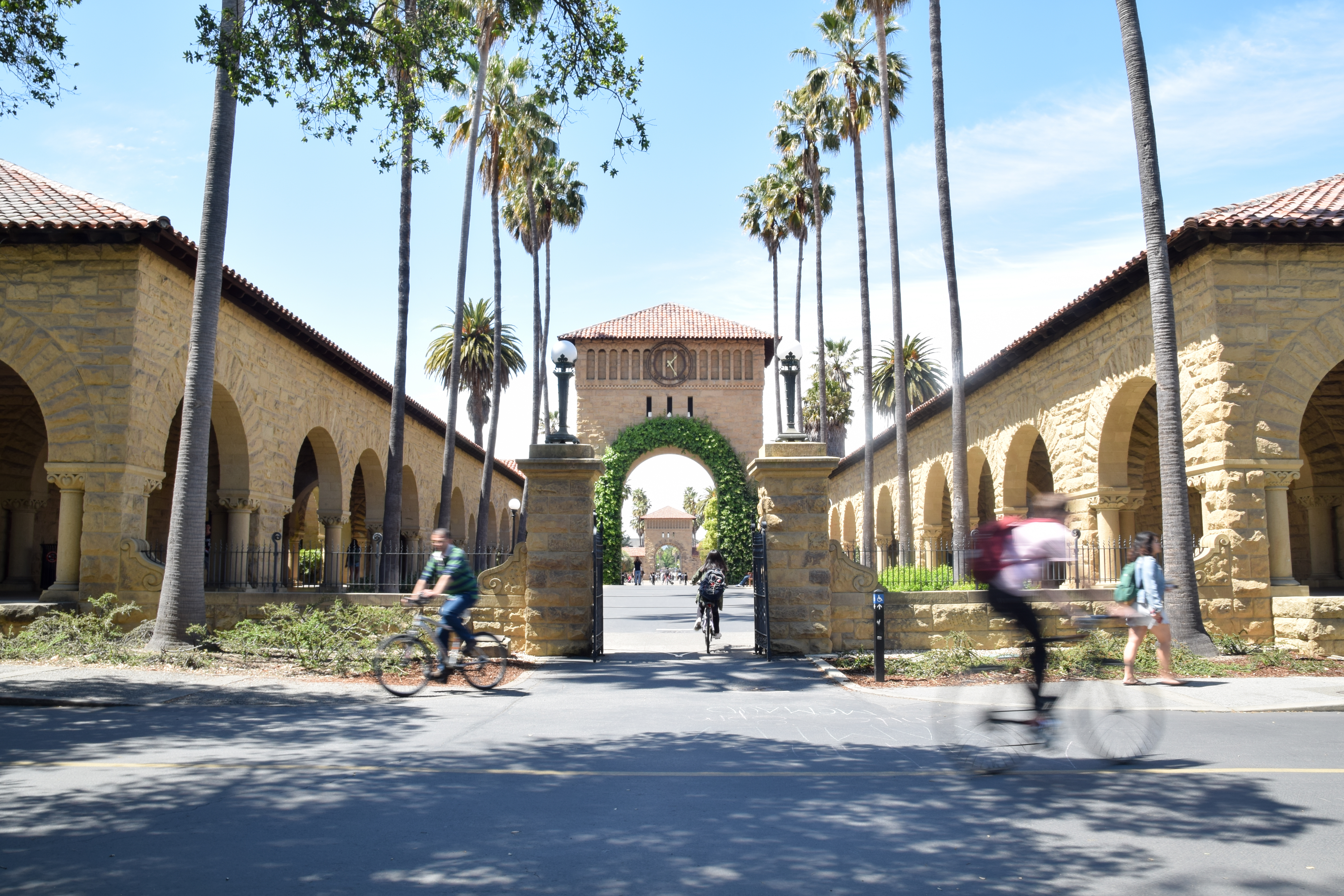A new proposal from the faculty-led Future of the Major Design Team would mandate that all University majors range from 60 to 95 units and include a capstone project, pending approval by the Faculty Senate in the winter quarter. Aimed at increasing accessibility and engagement in the liberal arts, the proposal — if approved — will take effect for the Class of 2024.
The proposal outlined that this change is expected to cost the University an additional $7-$10 million annually, upon complete implementation, including costs for hiring new faculty, financially supporting graduate students to aid undergraduates with capstone research and providing students with grants for their capstone. The deans of the three undergraduate schools will be in control of the funds.
President Marc Tessier-Lavigne announced the potential changes in an email to students one week prior to the beginning of the new academic year. This proposal was released with the recommendation for the First-Year Experience, which outlines a new Core to increase civic and global engagement amongst freshmen through a breadth of liberal arts courses.
Under this new proposal, design team co-chair R. Lanier Anderson hopes to balance depth and breadth — it is impossible to make undergraduate students experts in a field in four years, he said, so “what we need to do is give them a sense of what the field is from genuine, first-personal, depth experience where they have thought for themselves with the tools of that discipline.” Anderson also serves as the Senior Associate Dean for the Humanities and Arts.
There are ramifications for the autonomy departments currently have over their respective majors, according to Anderson. As a result, majors at Stanford are highly variable in how much they require, especially with regards to total unit size for each major and number of prerequisite courses. Currently, Stanford majors can range from as low as Philosophy’s 55 units to Earth Systems’ 132 units (including prerequisites).
However, some students worry that the proposal may result in classes being marked down in units, despite the overall workload remaining the same, so that departments can fit in their required classes in the lower unit cap. Earth Systems major Caroline Blythe ’22 told The Daily that she would “probably unintentionally take on a much higher workload, resulting in more stress later on in the quarter and overall worse performance in my classes and learning experience.”
“We are definitely aware of the concern that this proposal could result in departments falsely labeling classes with fewer units than appropriate,” wrote Isaiah Drummond ’20, Executive Vice President of the Senate. “Fortunately, we believe that the committee has already taken action to address this concern.”
Drummond pointed to the section of the report that calls for departments and programs to be reported if they violate the University unit-of-credit policy.
The proposal is modeled after the major structures of peer institutions, such as MIT and CalTech, who are “more intentional and set an institute-wide policy about what [a] major should look like,” Anderson said. He fears that majors with higher unit requirements can fail to communicate the intent of a Stanford education to students and limits the accessibility to a student body that is becoming increasingly diverse.
If implemented, his hope is that students without Advanced Placement (AP) credit can feel confident with any major, while being able to explore other fields their freshman year and participate in the Bing Overseas Studies Program (BOSP).
The recommendation will also implement a Major Declaration Week in order to build community within departments and streamline the declaration process, and a mandatory senior capstone. Capstones may be in the form of a problem-based team project, arts performance, service project or comprehensive exam, depending on the student and department.
Contact Leily Rezvani at lrezvani ‘at’ stanford.edu.
